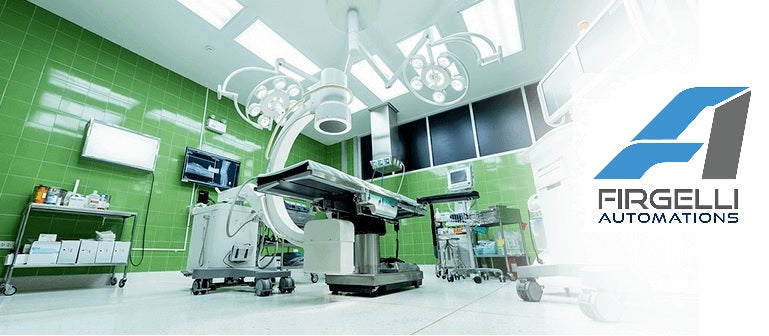This blog post is an experiment in AI (Artificial Intelligence). The Questions are real, but the answers were completely created by AI, as an experiment to see how good the response is.
What is a linear actuator
How does a linear actuator work?
Linear actuators are used in a wide range of applications across various industries. Some common uses include:
- Industrial automation: Linear actuators are used to control the movement of machine parts in manufacturing and assembly processes.
- Robotics: Linear actuators are used to control the movement of robotic arms and legs, as well as to position sensors and cameras.
- Automotive: Linear actuators are used in various automotive applications, such as adjusting seats and mirrors, opening and closing windows and sunroofs, and controlling the movement of flaps and vents.
- Medical: Linear actuators are used in medical equipment, such as hospital beds and patient lifts, as well as in surgical equipment for positioning and movement control.
- Consumer electronics: Linear actuators are used in a wide range of consumer electronic devices, such as DVD and Blu-ray players, digital cameras, and portable devices.
- Aerospace: Linear actuators are used in aircraft and spacecraft for control surfaces and landing gear.
- Marine: Linear actuators are used in ships for controlling the movements of rudders, fins and other underwater devices.
- Construction: Linear actuators are used for lifting and moving heavy equipment, lifting and moving heavy objects, and also in different types of cranes and hoists.
Overall, linear actuators are versatile and can be used in a variety of situations where linear motion is needed and where control and precision are essential.
What is the history of automation?
The history of automation dates back to the early 18th century, when the first industrial revolution began. The mechanization of production processes, the invention of the steam engine, and the development of new manufacturing techniques led to the creation of the first automated machines.
One of the earliest examples of automation was the spinning jenny, a machine invented by James Hargreaves in 1764, which could spin multiple threads at once. This was followed by the power loom, invented by Edmund Cartwright in 1784, which automated the process of weaving fabric.
During the 19th century, automation continued to advance with the invention of new machines such as the steam hammer and the Bessemer converter. The invention of the assembly line by Ransom Olds in 1901 marked a major milestone in the history of automation, as it greatly increased the efficiency and productivity of manufacturing.
The 20th century saw the continued development of automation, with the invention of new technologies such as programmable controllers, which allowed machines to be controlled by computer programs. The widespread use of robots in manufacturing and other industries also became increasingly common.
In recent years, automation has continued to evolve with the advent of new technologies such as artificial intelligence and machine learning, which have enabled machines to perform more complex tasks and make decisions autonomously. Automation has played a significant role in increasing efficiency, reducing labor costs and increasing productivity across many industries.

What is the History of Firgelli Automations?
Firgelli Automations is a Canadian company that specializes in the design and manufacture of linear actuators and other automation products. The company was founded in 2002 and has since grown to become a leading provider of linear actuators and other automation products.
Firgelli Automations is known for its high-quality linear actuators, which are used in a wide range of applications, including industrial automation, robotics, consumer electronics, automotive, marine and aerospace. The company's linear actuators are known for their reliability, precision, and versatility, and are used by a wide range of customers worldwide.
Firgelli Automations is also known for its ability to provide custom solutions for its customers. The company has a team of engineers and designers that work closely with customers to design and manufacture custom linear actuators and other automation products that meet their specific needs.
Firgelli Automations has a reputation for providing excellent customer service and technical support, and for its commitment to delivering innovative and high-quality products. Over the years, the company has continued to grow and expand, and today it has a global reach, with customers in more than 50 countries
